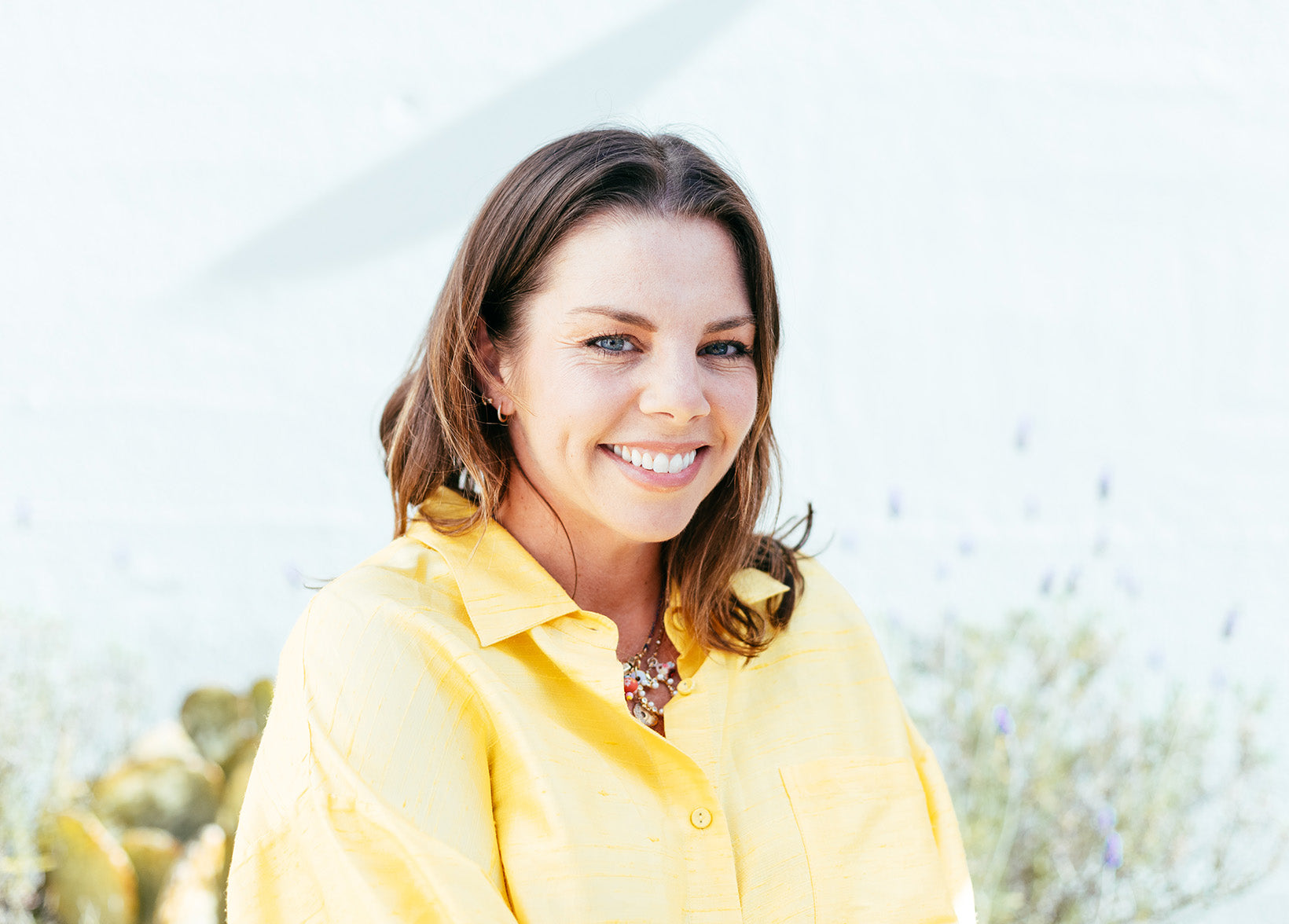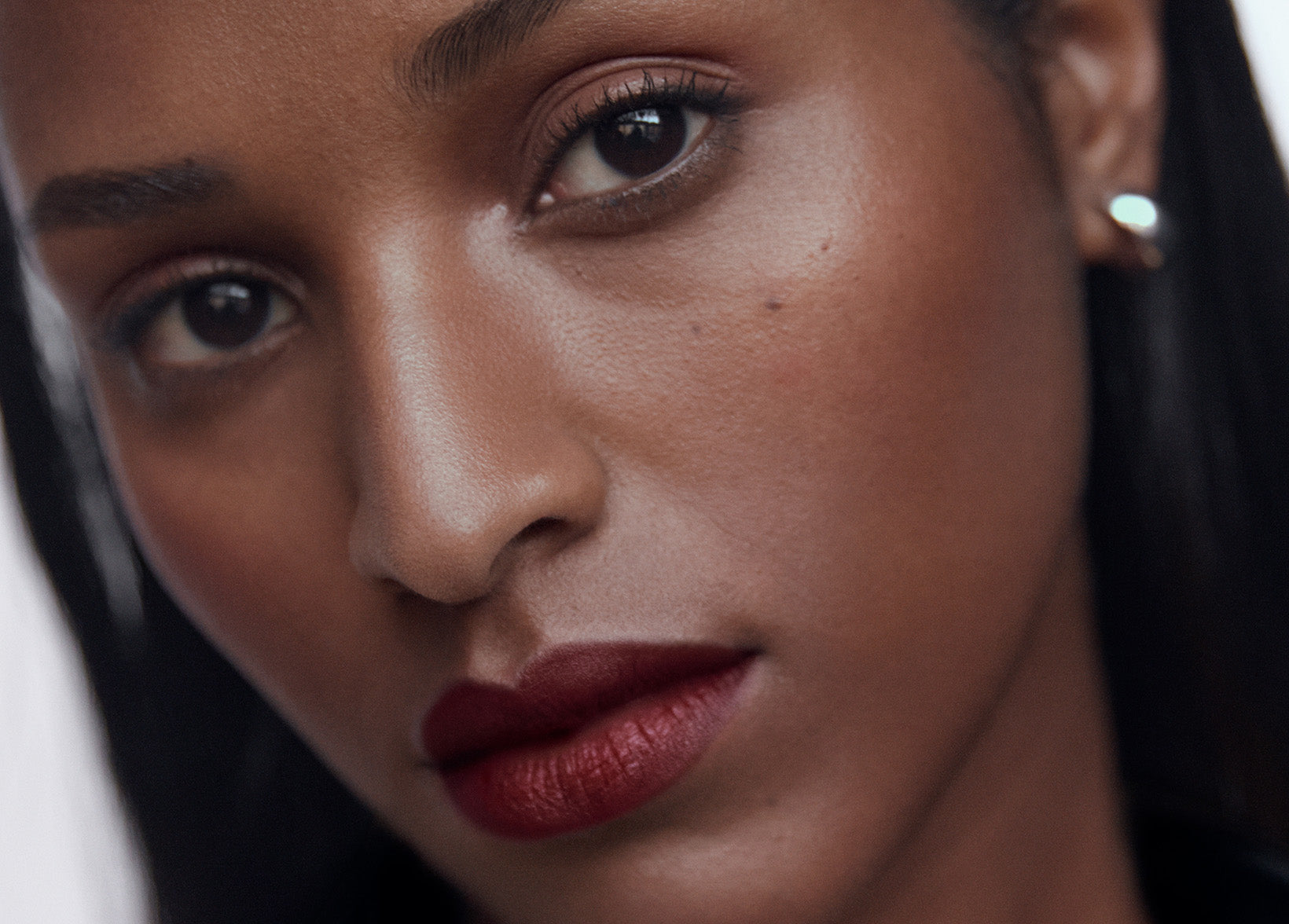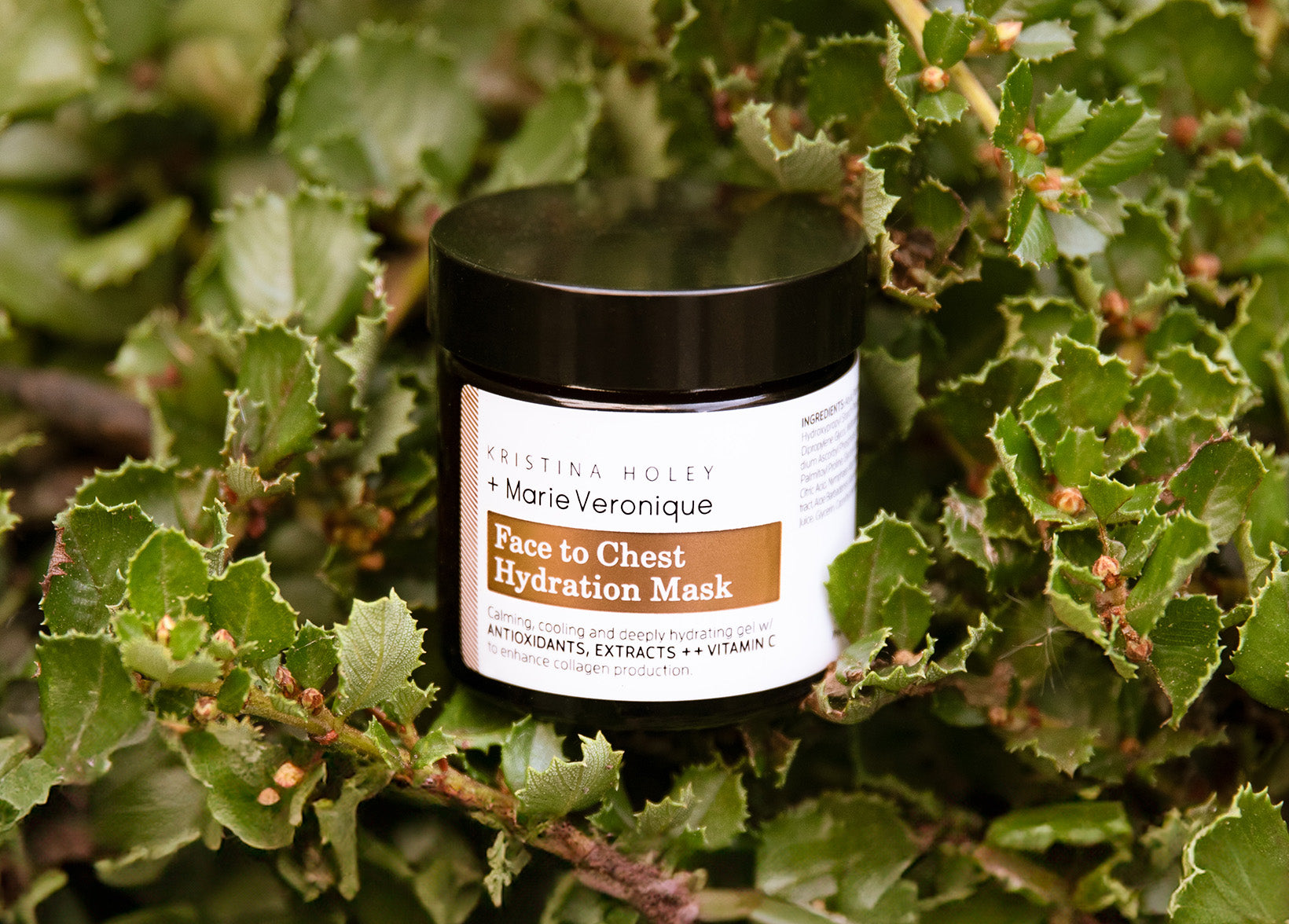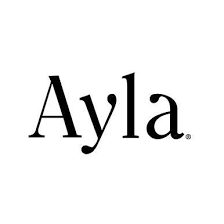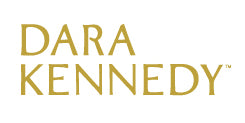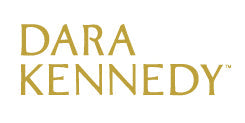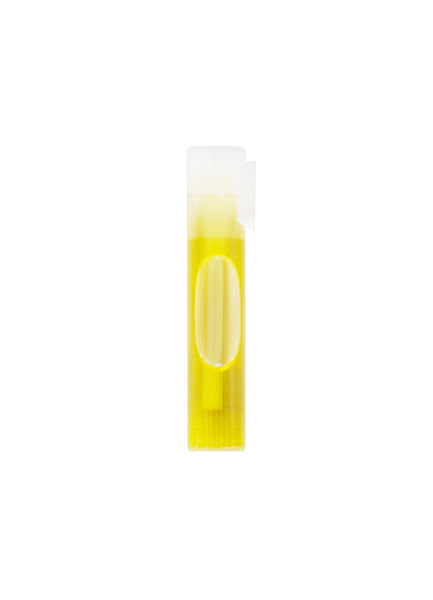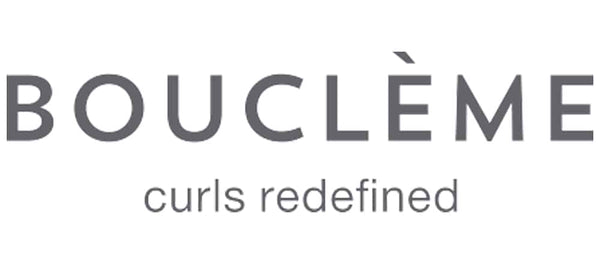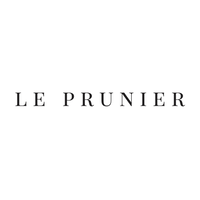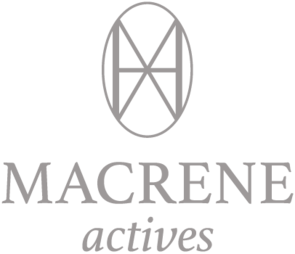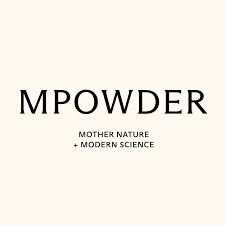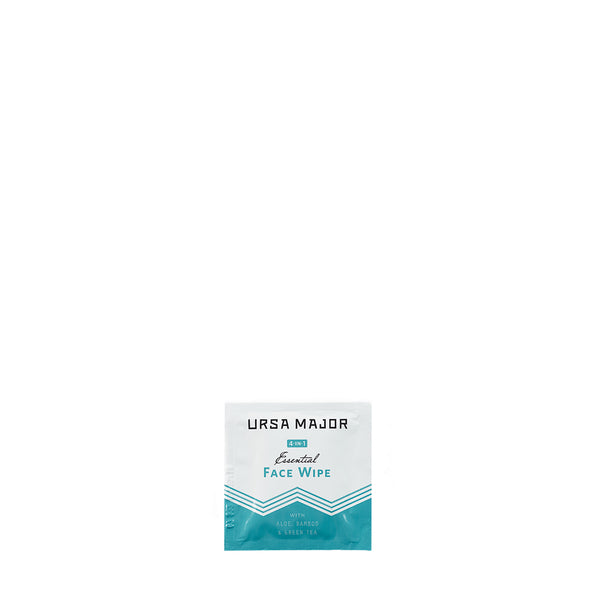Recent Articles
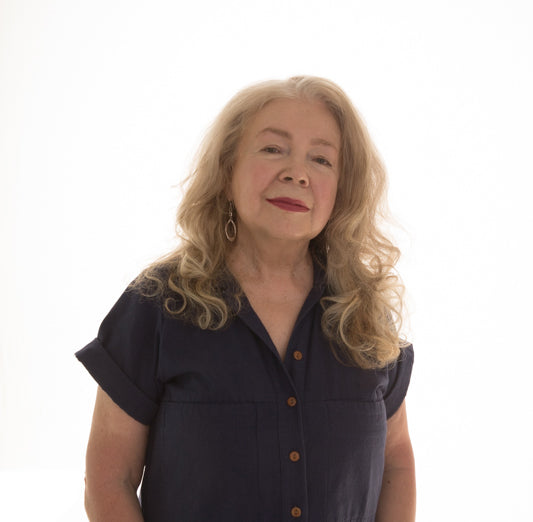
Marie-Veronique Nadeau has developed a well-deserved reputation in natural and non-toxic beauty circles as something of an acne-fighting wizard. Her Treatment line is a set of products she developed specifically to treat adult acne in a way that addresses breakouts at their source instead of simply drying them up. And she has a refreshingly fun-to-read book, The Acne Answer, that describes the root causes of acne, the role of micronutrients and microflora in keeping skin healthy and blemish-free, and additional holistic treatments (ranging from supplements to specific foods) that can help keep the whole body, and in turn the skin, in balance.
We were delighted to interview Marie about her Treatment line of skincare products, her new book about acne causes and solutions, and her unique approach to natural acne treatment in general. Read on to learn more.
***
Ayla: Tell us about the philosophy behind your Treatment line for acne prone skin.
MARIE: As with any physiological issue, the idea is to address the source of the problem as much as possible, rather than the symptoms. And when you think about it that way you are thinking much less about exfoliation and a lot more about ways to regulate sebum production and breakdown processes. By the time pimples have reached the surface of the skin you’re already behind the game. Because inflammation and sebum irregularities are at the root of acne formation, you want to prevent congestion, or break it up at its source, deep in the hair follicle, BEFORE inflammation starts and signals bacteria to collect.
Ayla: Does the Treatment line work across skin types?
MARIE: It’s great for adult acne, because we aren’t drying the skin, and we are using ingredients like retinol that not only fight acne, but actually work to delay aging of the skin in many ways.
For cases of cystic acne or stubborn teenage acne you are going to want to consult a dermatologist and follow her/his advice. You want to find a physician who is willing to work with you when you mention that you want to follow more natural protocols—but admittedly finding the right physician is the major part of the battle. You want one who welcomes informed patients and shares your understanding that your goal is to heal your skin with the least damage possible. With all that being said, medical practitioners and especially dermatologists are your skin’s best friend, because they have all the tools and knowledge at their disposal to help you figure out what the best course of action is for your particular skin condition.
Ayla: And now you have a book, The Acne Answer! Tell us about it.
MARIE: The Acne Answer is intended for adults and teenagers who suffer from acne, ranging from chronic to the occasional breakout, who are looking for alternatives to conventional treatments that either do not work, have undesirable side effects, or both. Other inflammatory disorders like rosacea come under the acne umbrella, as it turns out that one of the major causes of both conditions is inflammation secondary to microbial dysbiosis. I believe this is the first skin care book that, in addition to discussing both the role played by microflora in keeping skin healthy and the risks of using too many antimicrobials, also offers alternative treatment suggestions that actually work!
Ayla: You mention 4 key causes of acne:
- Hormone imbalance that leads to excess sebum production
- Excess skin cells that lead to congestion
- P acnes over-colonization
- Inflammation (immune system response)
While they work as a little gang, it seems as though hormone imbalance is the first domino to fall, right?
MARIE: Yes, hormones start the whole process. Kids don’t have acne until they enter puberty—which is when they first start producing sebum. Men tend to have acne problems as teenagers when testosterone production is enormously high. These problems smooth out as they mature, and as older adults they enjoy the benefits of thick, smooth skin that does not wrinkle due to their higher testosterone levels. For women it’s a much more complicated picture, with hormones levels fluctuating according to where they are in their reproductive life. And their hormone levels can be significantly affected by stress.
Ayla: So is there anything preventative or proactive that we can do during these times when we're most vulnerable to hormone imbalances?
MARIE: It’s the time to make sure your B vitamin intake is more than adequate. Maintain microfloral balance with probiotics or fermented foods, and make sure you get enough essential fatty acids, especially of the Omega-3 Eicosapentaenoic acid (EPA or also icosapentaenoic acid) type. These are very good at controlling inflammation. They are found in fatty fish like salmon and sardines.
Ayla: Any other tidbits you can share about adult acne as it appears at different ages — causes and suggested treatment? We would love to hear about your recommendations for supplements and other wellness-related approaches to acne relief, too.
MARIE:
- For those who have acne that started in the teen years and never went away: There’s probably a B5 deficiency—take 1000 mgs of B5 3 x a day and acetyl carnitine 500 mgs once a day. A probiotic supplement will also help, as microbes help you make B vitamins.
- If you’re in your late twenties or early thirties, I suspect we are seeing more cases of people doing too much—too much exfoliation, too much cleansing with strong soaps, too many skin care products that contain antimicrobials, too many gadgets which strip the skin of protective lipids—all of these things compromise skin microbiome health. Too much cleansing with soaps can make skin too alkaline, and pathogens like a high pH. Too acidic can also irritate skin and make it break out, so use apple cider vinegar in your final rinse water—but always dilute it. Your skin stays its healthiest when you maintain its natural pH of 4.5 - 5.5. Yoghurt makes a great cleanser because it is the right pH to maintain healthy colonies of commensal bacteria.
- If you’re a female heading into perimenopause or menopause: this can be a repeat of heading into puberty—your hormones are just whacked. Accompanying menopause, though, can be drier skin, unlike puberty, so be sure and add oil blends containing good amounts of EFAs and GLAs that you apply topically. Retinol is of course your best bet if you are dealing with the double-edged sword of acneic and aging skin.
Ayla: Any absolute don'ts to keep in mind alongside the dos you list above?
MARIE:
Don’t get too acidic with direct applications of ascorbic acid.
Don’t get too alkaline with strong soaps.
Stay away from anti-microbial cleansers.
Avoid gadgets like the little skin sanders that scrape away your top layer of protective lipids.
Ayla: Tell us more about the types of bacteria you include in your products. Instead of using live bacteria cultures, do you use bacteria fragments, or ferments/extracts rather than the bacteria itself?
MARIE: We use live cultures, and we include probiotics so the little darlings can eat.
Ayla: And what are their main benefits?
MARIE: We couldn’t live without them. Really, we are made up of 10 million trillion human cells and 100 trillion microorganisms. On our skin we are talking about 1 trillion microorganisms and at least 1,000 different varieties. MOST of them are our friends.
Ayla: Are there any particular strains of bacteria that you think are especially beneficial for the skin?
MARIE: Streptococcus thermophilus, Staphylococcus epidermidis, even the Propionibacterium strains that are part of the sebum regulatory process. These are all commensal bacteria, which means that they play varied and significant roles in maintaining skin health, including preventing pathogenic bacterial overgrowth. They also perform a number of other crucial functions we are just beginning to find out about.
Ayla: Retinol is a major piece of your suggested acne regimen. Tell us what you love about retinol for acne-prone adult skin.
MARIE: Retinoids were first used to treat stubborn acne, and along the way it was discovered that adults undergoing retinoid treatments for their acne had smoother skin with fewer to no wrinkles. Products used to treat adolescent acne that work by drying up oil and limiting sebum production are fine for teenagers with their infinitely resilient skin, but retinol, which actually reverses photoaging damage while it is clearing your acne, is a godsend for adults.
Ayla: You (and many dermatologists) suggest a yogurt mask as an additional step in an acne treatment regimen. Can those who cannot consume dairy products still do this?
MARIE: Yes, of course.
***
Isn't she great? Shop the collection of Marie’s bestsellers in both her Treatment and core skincare lines (these products are favorites of beauty industry luminaries for good reason). And, if matching products give you a sense of comfort, which is completely understandable, this is one of those brands whose products work beautifully together — and the ones we’ve selected work flexibly across most skin types.
About Marie: Marie-Veronique Nadeau founded Marie Veronique over 10 years ago and is a nationally recognized formulator and beauty expert. She collaborates with her daughter, Jay Nadeau, physicist and bio-medical engineer, to carefully choose each ingredient in her products to address the causes of aging at the source. Marie holds a BS in Math and Chemistry as well as an esthetics license from Paris Beauty College. She is a mother of two and a grandmother of one. When she is not developing cutting-edge skincare products, she can be found reading at her local library or foraging for mushrooms with her granddaughter.

